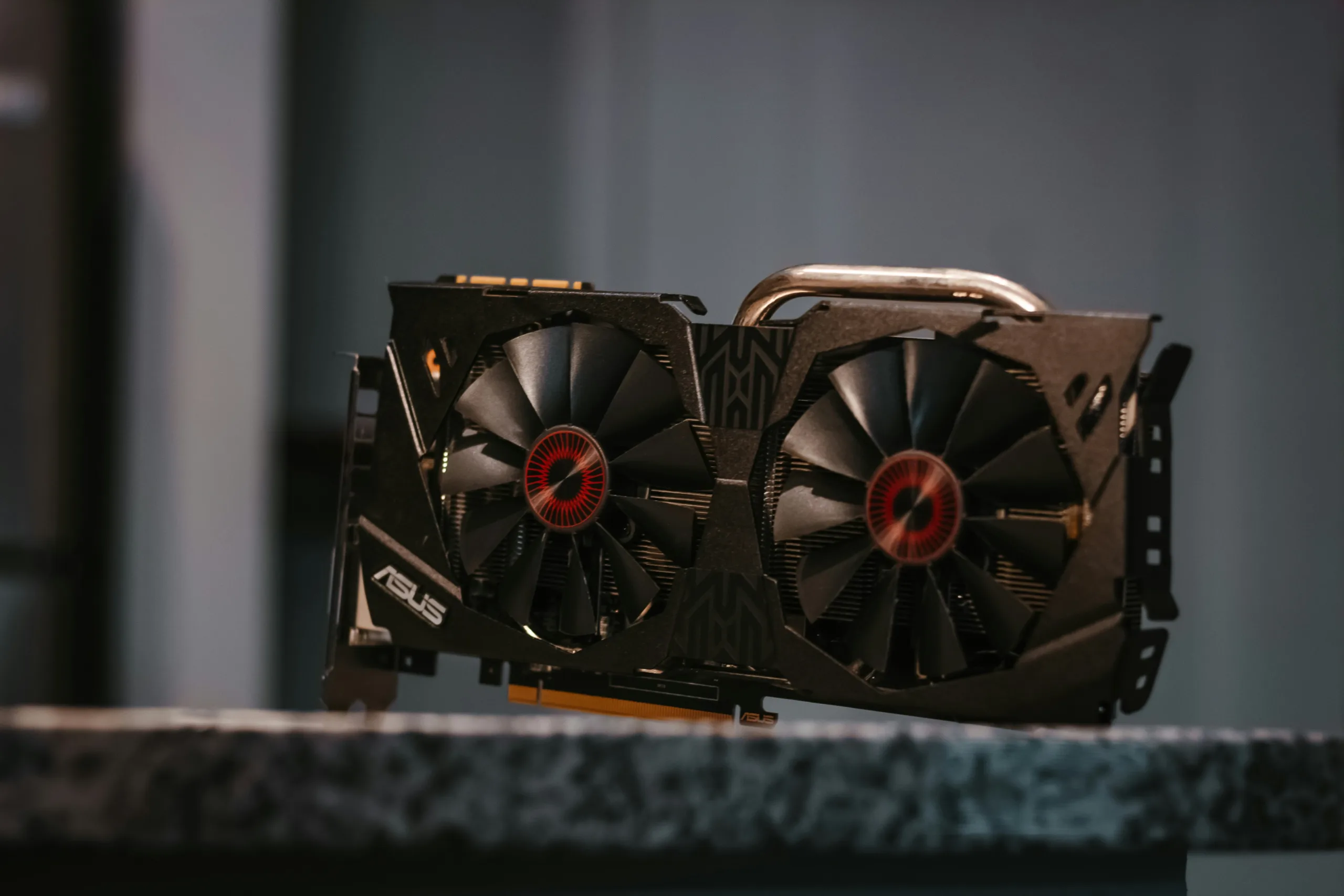
When it comes to building or upgrading a gaming PC, one of the most important components to consider is the graphics card, also known as the GPU (Graphics Processing Unit). The GPU is responsible for rendering images, videos, and animations, making it a crucial part of any gaming setup.
With so many options available in the market, choosing the right GPU can be a daunting task. This guide aims to help you navigate through the various factors to consider when selecting your perfect graphics card.
Performance
The first and most important factor to consider is the performance of the GPU. The performance of a graphics card is determined by its core clock speed, memory capacity, memory bandwidth, and the number of CUDA cores (for NVIDIA GPUs) or stream processors (for AMD GPUs).
When it comes to gaming, you want a GPU that can handle the latest games at high settings and resolutions. Look for GPUs that have a higher core clock speed and more CUDA cores or stream processors. Additionally, a higher memory capacity and memory bandwidth will ensure smooth gameplay and prevent any lag or stuttering.
Compatibility
Compatibility is another crucial factor to consider when selecting a GPU. The GPU needs to be compatible with your motherboard and power supply. Ensure that your motherboard has the necessary PCIe slot to accommodate the GPU and that your power supply can provide enough wattage to power the GPU.
Furthermore, check if the GPU is compatible with your operating system. Most GPUs are compatible with popular operating systems like Windows, macOS, and Linux, but it’s always a good idea to double-check.
Budget
Your budget plays a significant role in determining the GPU you can afford. Graphics cards come in a wide range of prices, from budget-friendly options to high-end, enthusiast-grade GPUs.
Consider your gaming needs and budget accordingly. If you’re a casual gamer or play less demanding games, a mid-range GPU should suffice. On the other hand, if you’re a serious gamer or want to play the latest AAA titles at maximum settings, investing in a high-end GPU might be worth it.
Connectivity
Connectivity options are also important to consider when selecting a GPU. Most modern GPUs come with multiple display ports, HDMI ports, and DVI ports. Ensure that the GPU has the necessary ports to connect to your monitor or displays.
If you plan on using multiple monitors or running a multi-monitor setup, make sure the GPU supports that configuration. Some GPUs also offer VR (Virtual Reality) connectivity, which is essential if you’re interested in VR gaming.
Brand and Support
When choosing a GPU, it’s worth considering the brand and the support they offer. Established brands like NVIDIA and AMD have a strong reputation for producing reliable and high-performance GPUs.
Additionally, check if the brand offers good customer support and warranty options. A reliable brand with excellent support can make a significant difference if you encounter any issues with your GPU.
Reviews and Recommendations
Finally, before making a final decision, it’s always a good idea to read reviews and seek recommendations from trusted sources. Look for reviews from reputable tech websites and forums to get an idea of the performance and reliability of the GPU you’re considering.
Seek recommendations from friends, fellow gamers, or online communities to gain insights from real users of the GPU. Their experiences can provide valuable information that can help you make an informed decision.
In conclusion, selecting the right GPU for your gaming PC involves considering factors such as performance, compatibility, budget, connectivity options, brand reputation, and user reviews. By carefully evaluating these factors, you can find the perfect graphics card that meets your gaming needs and enhances your gaming experience.